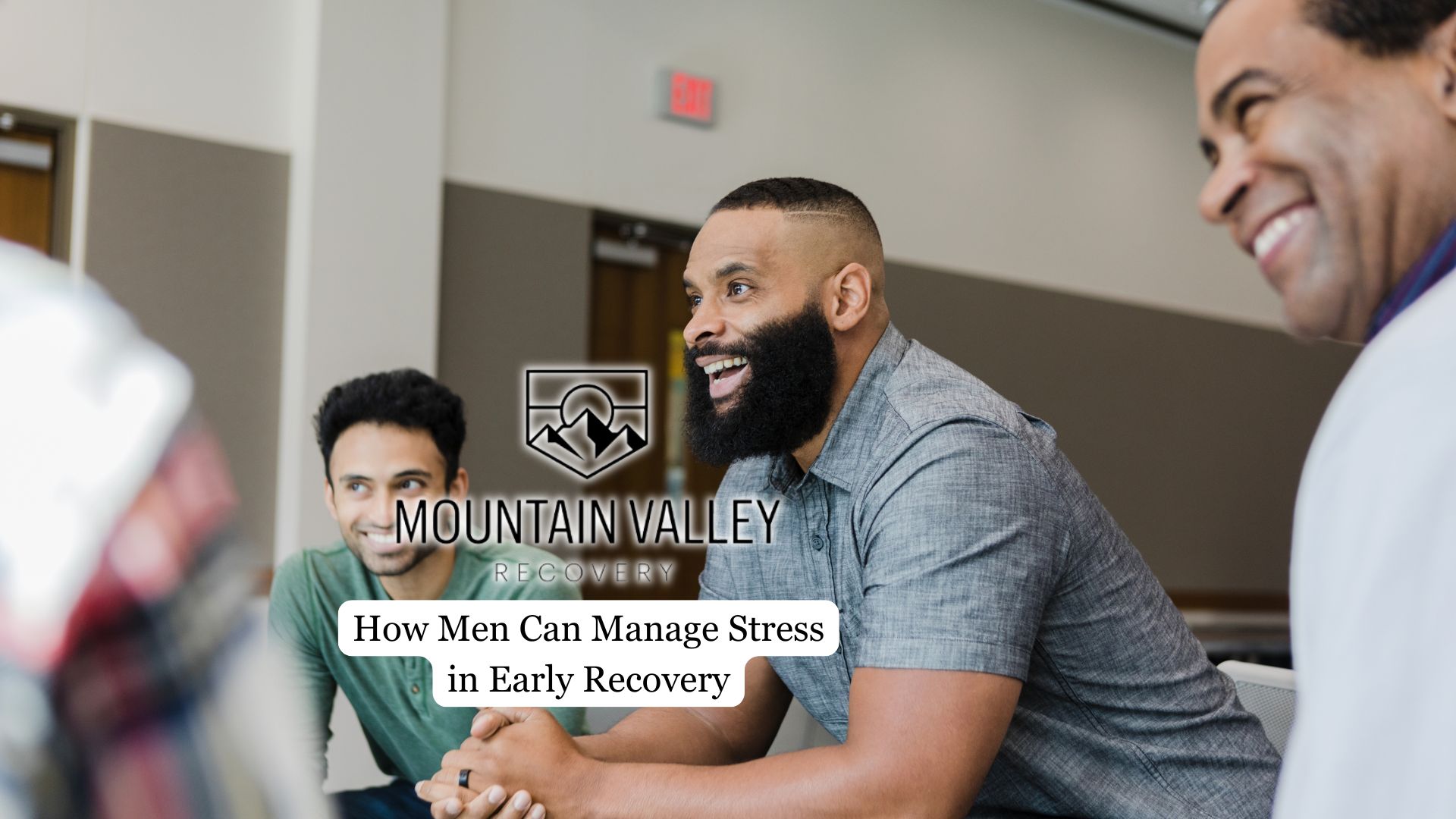Substance use disorders affect individuals across all demographics, however there are higher addiction rates among men compared to women. This gender disparity raises important questions about the underlying causes, questions that go beyond surface-level assumptions or cultural stereotypes.
This article looks into the factors that may help explain why addiction affects men at higher rates, and what it means for treatment and recovery.
Societal Gender Roles and Masculine Norms
From an early age, many boys are conditioned to avoid vulnerability and pain, messages like “boys don’t cry” discourage emotional expression. These societal notions often lead men to suppress feelings like anxiety, sadness, or fear, increasing the likelihood that they’ll turn to substances as a coping mechanism.
In contrast to seeking reassurance, many men treat substances as outlets for stress, pain, or emotional numbness. These norms also reinforce peer pressure to demonstrate toughness, drinking heavily, experimenting with drugs, or risk-taking may be seen as affirmations of masculinity.
Emotional Isolation and Limited Support Networks
Men frequently connect through shared activities like sports, work, or hobbies, rather than open conversations about feelings or mental strain. Without safe outlets to discuss stress, grief, or trauma, emotional suffering builds beneath the surface.
Because vulnerable talk is often discouraged, many men turn to substances to fill that gap, whether as a numbing agent or a misguided attempt at relief. This isolation increases the risk of self-medication and, eventually, addiction.
Trauma, PTSD, and Unresolved Childhood Stress
Men exposed to childhood trauma, neglect, or loss often internalize their pain and hide their emotions instead of seeking support. These early wounds can resurface later in life as depression, anxiety, PTSD, or compulsive behaviors. When emotional distress remains hidden and untreated, substance use may become a default coping mechanism.
Without intervention, occasional use can escalate into addiction as the root causes remain unresolved. Our men-only drug and alcohol rehab in Utah addresses these deeper emotional wounds through trauma-informed care, individual therapy, and peer-based support.
Risk-Taking Behavior and Substance Choice
According to evolutionary theories, young men are more likely to engage in high-risk activities, including substance use, due to social and biological programming. This higher rate of experimentation extends to illicit drugs and binge drinking.
Compared to women, men are more likely to try drugs earlier, engage in multiple substance use, and sustain heavier use, increasing the likelihood of developing a disorder.
Physical Pain, Occupational Stress, and Injury
Men frequently occupy physically demanding jobs and are more prone to injury or chronic pain. These circumstances often lead to prescriptions for painkillers or self-medication habits. Without mental health support or pain-management alternatives, many men develop dependency, especially when combined with alcohol or sedatives.
This pattern, originating from well-intentioned pain relief, can quickly spiral into addiction, especially when basic coping tools are unavailable.

Stigma and Barriers to Treatment
Cultural ideals of stoicism and independence frequently discourage men from admitting they need help. Admission of emotional struggle may be perceived as weakness, deterring treatment-seeking behavior. Even after recognizing addiction, many men delay professional help until circumstances escalate or crises emerge. This delay complicates recovery and can result in more entrenched addiction.
How to Help Men Struggling with Addiction
Helping men with addiction starts with understanding, not judgment. Many men hesitate to seek support due to stigma, pride, or fear of appearing weak. If you’re concerned about a loved one, here are some meaningful steps you can take:
- Start with Compassionate Conversations – Approach the topic gently, without blaming or pressuring. Let him know you’re there to listen, not to fix or criticize.
- Normalize Seeking Help – Reassure him that getting support isn’t a sign of failure, but of strength. Men often need encouragement to see treatment as a proactive and courageous decision.
- Connect Him with Professional Resources – Recommend programs designed for men, like those at Mountain Valley Recovery, where treatment is tailored to male-specific challenges.
- Offer Ongoing Support – Recovery doesn’t end after rehab. Be a consistent presence, celebrate progress, and encourage continued therapy or peer group participation.
- Take Care of Yourself Too – Supporting someone in recovery can be emotionally taxing. Don’t hesitate to seek your own support through therapy or family groups.
Final Thoughts from Mountain Valley Recovery
Men face a range of overlapping risk factors that make them more vulnerable to addiction. From cultural expectations that discourage emotional expression to the long-term effects of trauma, chronic stress, and physical pain, these pressures can lead to a reliance on substances as a way to cope. When support systems are limited and help-seeking is seen as weakness, the path to addiction becomes even more likely.
At Mountain Valley Recovery, we understand these challenges as our men-only drug and alcohol addiction treatment programs in Utah are specifically designed to address the unique psychological, emotional, and physical needs of men. Through trauma-informed care, evidence-based therapies, and a supportive all-male environment, we help men rediscover their strength, learn healthy coping tools, and create a foundation for lasting recovery.





